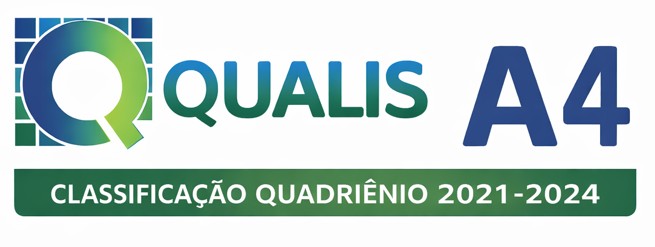Separados pelo oceano, conectados por cartas: Brasil e Cabo Verde
Keywords:
Projeto Escolar, Temas transversais, CidadaniaAbstract
O presente relato mostra uma experiência desenvolvida entre alunos do CEF 801 do Recanto das Emas e alunos da escola Milho Branco em Cabo Verde, na África. O projeto baseou-se na troca de cartas, cartões-postais e realização de rodas de conversa. Foram utilizadas grandes produções cinematográficas que retratavam a realidade africana, com discussão de temas comuns às comunidades do Recanto, na periferia de Brasília; e de São Domingos, na periferia da ilha de Santiago. Tais temas, tão em voga no Brasil e em Cabo Verde, como o racismo, a preservação do meio ambiente, a mulher no mercado de trabalho, o bullying, o feminicídio e o tráfico de drogas, estimularam os alunos a debater e achar soluções para os problemas locais, identificando as diferenças linguísticas e culturais. O projeto visa diminuir a distância entre o currículo tradicional e a prática necessária à aprendizagem do aluno, respeitando sua história de vida. Através da realização do projeto, o ganho sociocultural foi enorme, pois o estudante teve a oportunidade de conhecer uma outra cultura, entendendo melhor o meio em que vive, lutando por melhorias e exercendo a cidadania.
Palavras-chave: Projeto escolar. Temas transversais. Cidadania.
Abstract: The present report shows an experience developed between CEF 801 students from Recanto das Emas and students from the Miho Branco school in Cape Verde, Africa. The project was based on the exchange of letters, postcards, and the realization of rounds of conversation. Large cinematographic productions that portrayed the African reality were used, with discussion of common themes to the Recanto communities, on the outskirts of Brasilia, and São Domingos, on the outskirts of the island of Santiago. Such themes, so prevalent in Brazil and Cape Verde, such as racism, the preservation of the environment, women in the labor market, bullying, feminicide and drug trafficking, stimulated students to debate and find solutions for local problems, identifying linguistic and cultural differences. The project aims to reduce the distance between the traditional curriculum and the necessary practice to the student’s learning, respecting their life history. Through the realization of the project, the sociocultural gain was enormous, since the student had the opportunity to know another culture, understanding better the environment in which he lives, fighting for improvements and exercising citizenship.
Keywords: School project. Cross-cutting themes. Citizenship.










